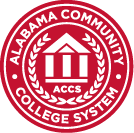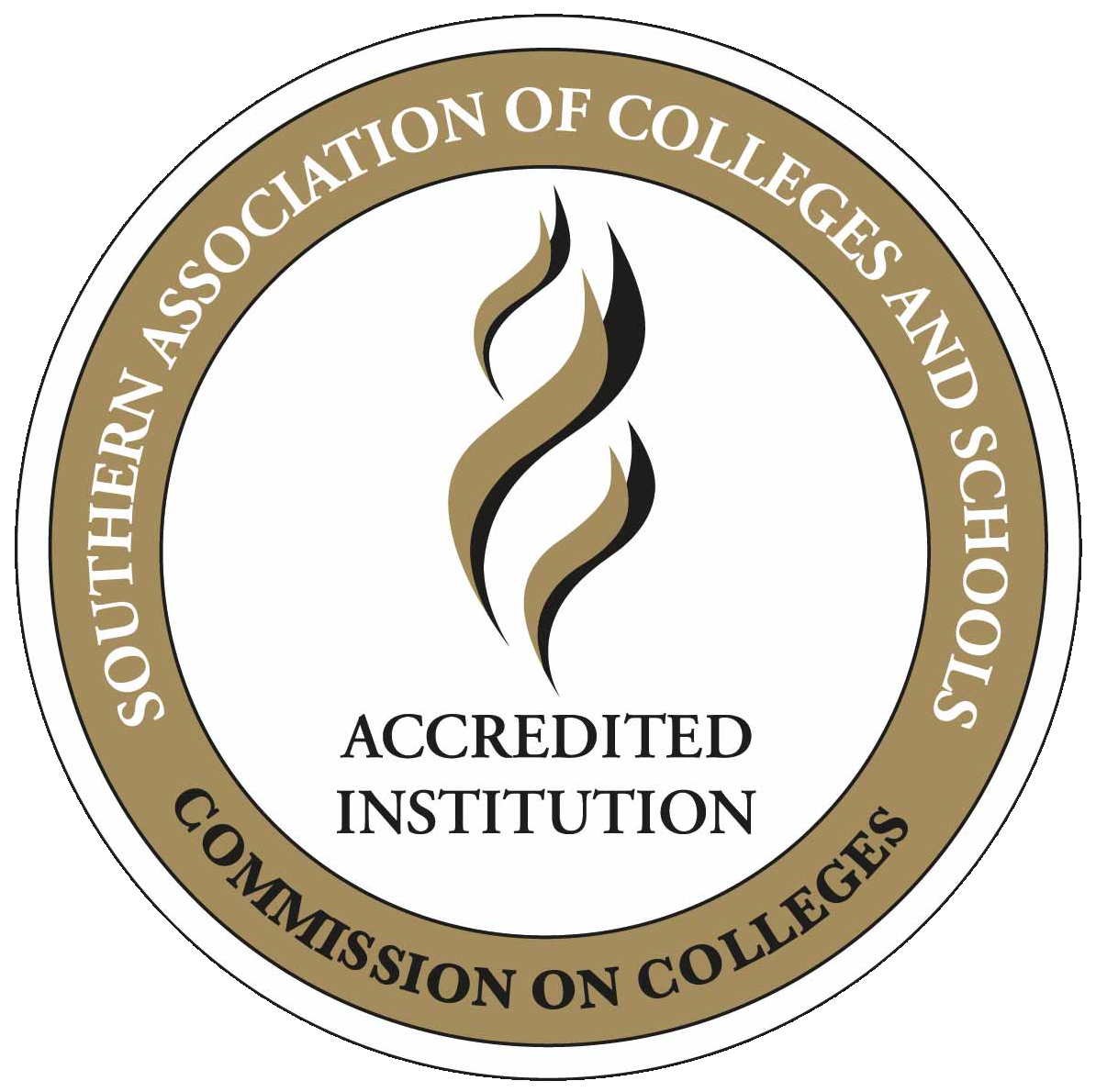Adherence to the following procedures insures the best possible service the institution can provide.
The Director of the ADA Office meets individually with a student to discuss accommodations. The student completes Forms 1, 2, and 3. The Director determines reasonable academic accommodations for a student, taking into consideration recommendations from the physician, psychologist or other professional who diagnosed the student’s disability. Accommodations previously used in educational settings with the student will be taken into consideration. Although some students may have similar diagnoses, each student is treated as an individual because accommodations must be tailored to individual needs.
The ADA Office recommends reasonable accommodations by preparing a letter Form 4 (EXHIBIT A) addressed to the instructor of each class for which the student requests accommodations.
An instructor is not obliged to provide accommodations to a student with a disability until he/she receives the ADA Office accommodation letter from the student. In addition, it is the student’s responsibility to discuss scheduling and details of the requested accommodations with his/her instructor(s). If a student delivers an accommodation letter to an instructor within a few days of an assignment or exam, the instructor may not be able to provide the optimal accommodation requested.
Responsibility of the Student
Basically, receiving academic accommodations at Jefferson State is a 4-step procedure:
Students obtain accommodations letters from the ADA Office at the beginning of each semester. Students hand-deliver accommodation letters to each instructor. Students contact each instructor and /or the ADA Office several days before accommodations such as extended test time and reduced-distraction testing to make arrangements as needed. Students report any concerns about accommodations to the ADA Office as soon as possible.
Students with disabilities must maintain the same responsibility for their education as students who do not have disabilities. This includes maintaining the same academic levels, maintaining appropriate behavior and giving timely notification of any special needs. As a student with a disability, learn not to be ashamed or embarrassed about having a disability. Asking for assistance is not a sign of weakness or dependence, and use accommodations available to you.



